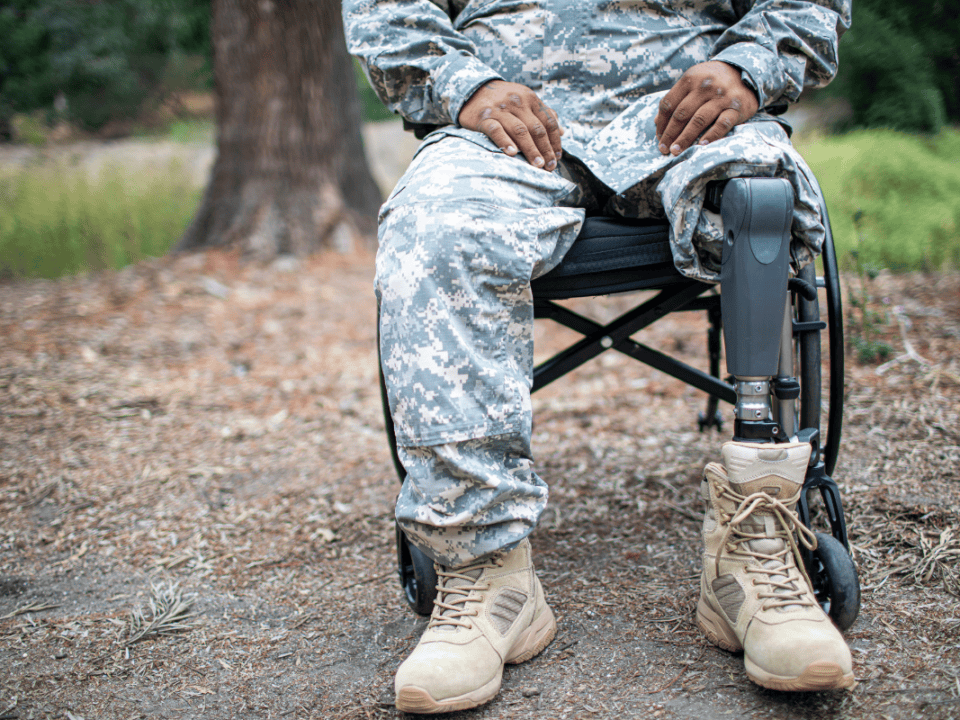Gulf War Syndrome is a medical condition that was initially expressly equated with the first Gulf War, although certain symptoms have been found to span other conflicts in the Middle East and surrounding areas since then.
The U.S. soldiers returning from the first Gulf War began suffering from chronic health issues that were chronicled and eventually became categorized as Gulf War Syndrome.
More than 650,000 Service members served in Operation Desert Shield and Desert Storm from August 2, 1990 to July 31, 1991. For VA benefits eligibility purposes, the Gulf War period is still in effect. This means that anyone who served on active duty from August 2, 1990, to present is considered a Gulf War Veteran.
Diagnosis and Treatment
Because the symptoms are so wide-ranging and the condition applies to veterans of multiple Middle Eastern conflicts, the Department of Veteran’s Affairs (VA) now refers to it not as Gulf War Syndrome, but as Gulf War Veterans Medically Unexplained Illnesses. On the one hand, this could mean that more veterans are able to receive diagnosis and treatment. On the other hand, it could open the door for over-diagnosis or even misdiagnosis of common symptoms that could be related to other ailments.
Either way, getting diagnosed is the first step toward healing. the problem is that the causes of Gulf War Syndrome are not entirely understood. Although PTSD has emerged as a common factor among Gulf War veterans (although it seems common to veterans of any conflict). However, physical symptoms are thought to be attributed to a host of potential factors, including everything from vaccinations to exposure to toxins like pesticides, sarin gas, depleted uranium, and even smoke from burning oil wells, just for example.
Treatment of can be complex and long-term, depending on the particular symptoms suffered and potential causes. According to the Institute of Medicine, the most effective treatments related to Gulf War Syndrome include both physical and psychological therapies.
Cognitive behavioral therapy has been found to be beneficial, as have treatments with reuptake inhibitors (serotonin and serotonin-norepinephrine, specifically). The therapies prescribed will depend largely on the symptoms and the ultimate diagnosis.
Gulf War Syndrome Symptoms & Compensation
There are three broad categories of disabilities the VA has recognized as Gulf War Syndrome.
- The first category is for any undiagnosed illness. These illnesses are characterized by symptoms that include headaches, fatigue, aches and pains, diarrhea, and memory problems, as well as neurological disorders, skin conditions, respiratory problems, PTSD, and a host of other issues, just for example. In most cases, multiple symptoms exist.
- The second set of conditions is a medically unexplained chronic illness. These include: chronic fatigue syndrome, fibromyalgia, and functional gastrointestinal disorders (which include irritable bowel syndrome; and functional dyspepsia, vomiting, constipation, bloating, abdominal pain syndrome, and dysphasia).
- The third category is a set of infectious diseases caused by exposure to certain pathogens in the Middle East.
For the listed conditions in the second category above often associated with Gulf War Syndrome, veterans will already qualify for disability compensation without having to prove a connection between their service record and the symptoms they suffer. However, veterans of specific conflicts in certain areas of the Middle East may also be entitled to disability compensation directly related to their service who suffer from the other categories.
Gulf War Veterans may be eligible for a variety of VA benefits, including a Gulf War Registry health exam, the Airborne Hazards and Open Burn Pit Registry, health care, and disability compensation for diseases related to military service. Their dependents and survivors also may be eligible for benefits.
Learn more about benefits related to Gulf War service.
Looking for Legal Representation? Call Bluestein Attorneys!
Our SC Vet Advocates team is made up of attorneys who have served in the military, so we understand the ways that military life is truly unique. If you believe you are suffering from Gulf War Syndrome, we would be happy to sit down with you and discuss your situation and help you decide on what steps you may need to take next to get the help you need and deserve.
To request your FREE consultation, give us a call at (803) 779-7599 or contact us online at any time!





